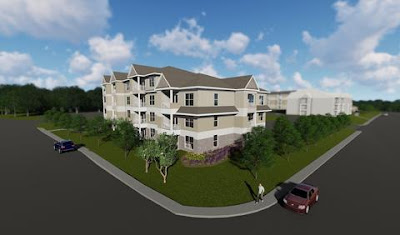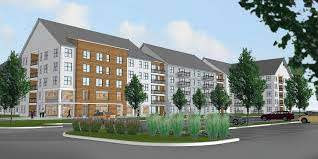Affordable Housing in MA | SEB Housing

There is no obligation to negotiate with a ZBA, yet clearly, the developer wants the ZBA’s approval and a permit that is not burdened with excessive conditions. If the ZBA’s only objective is to reduce density, the negotiations may not go very far. From the developer’s perspective, density is critical for the feasibility of the project. A more productive approach would be to focus on qualitative ways to improve a project. For more details on Affordable Housing in MA , please contact us at 617-782-2300.



